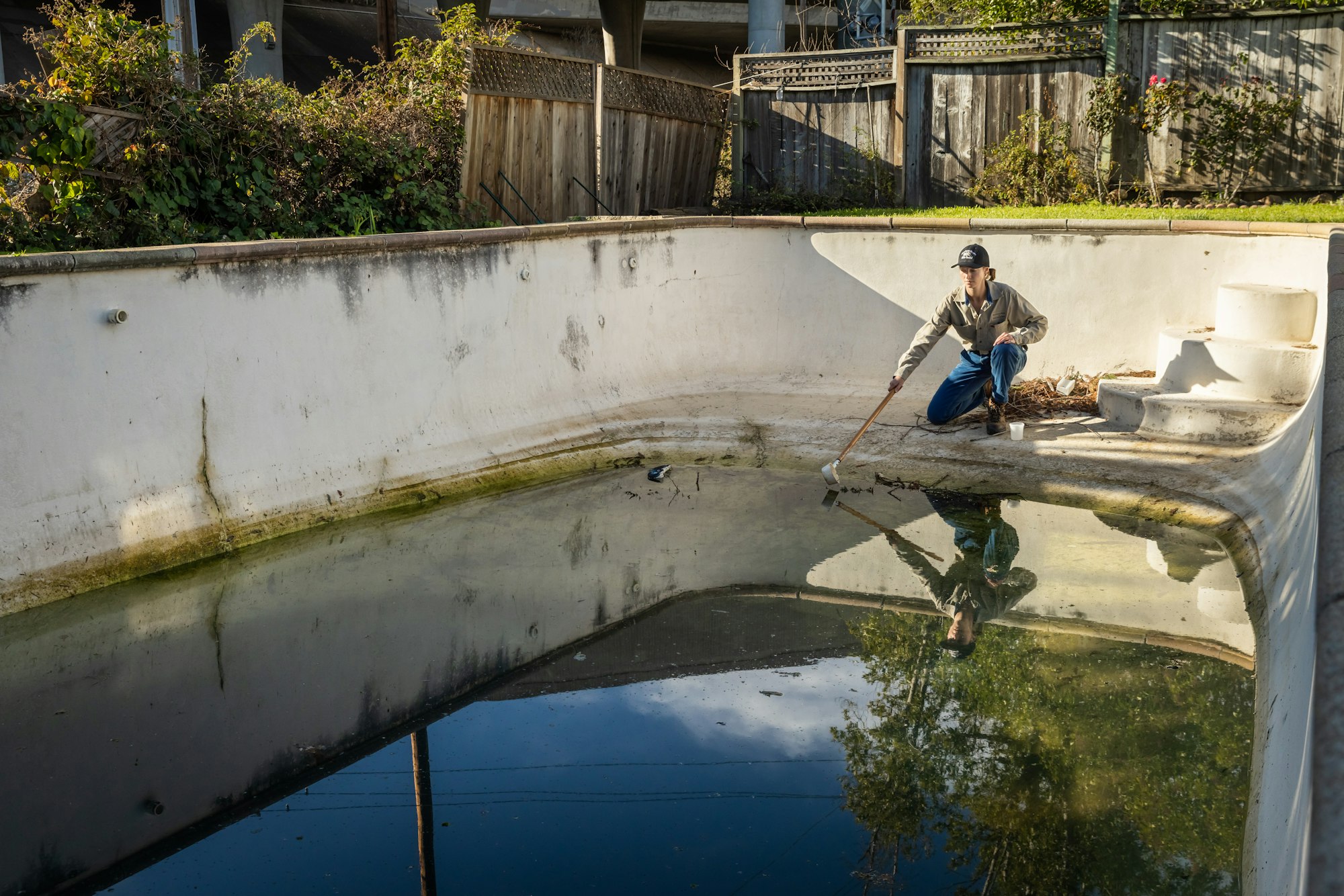Smart Mosquito Surveillance: AI Classification and Community Awareness.

Mosquito-borne diseases continue to pose significant health risks in the Hampton Roads region, where a warm and humid climate creates ideal breeding conditions. Current mosquito surveillance methods require trained specialists to manually identify species from trap images or samples. This process limits the speed and scale of data collection.
As weather patterns and land-use changes influence mosquito populations, there is a growing need for data-driven tools that can anticipate mosquito activity and support more effective control strategies. Our project combines deep learning and data visualization to address these challenges.
We trained a deep convolutional neural network model capable of classifying mosquito species from image data, using supervised learning and fine-tuning on a pretrained ResNet 34 architecture. The dataset was partitioned into training, validation, and testing sets to ensure robust generalization and data augmentation (random flips, rotations, and brightness adjustments) was applied to hedge against overfitting.





